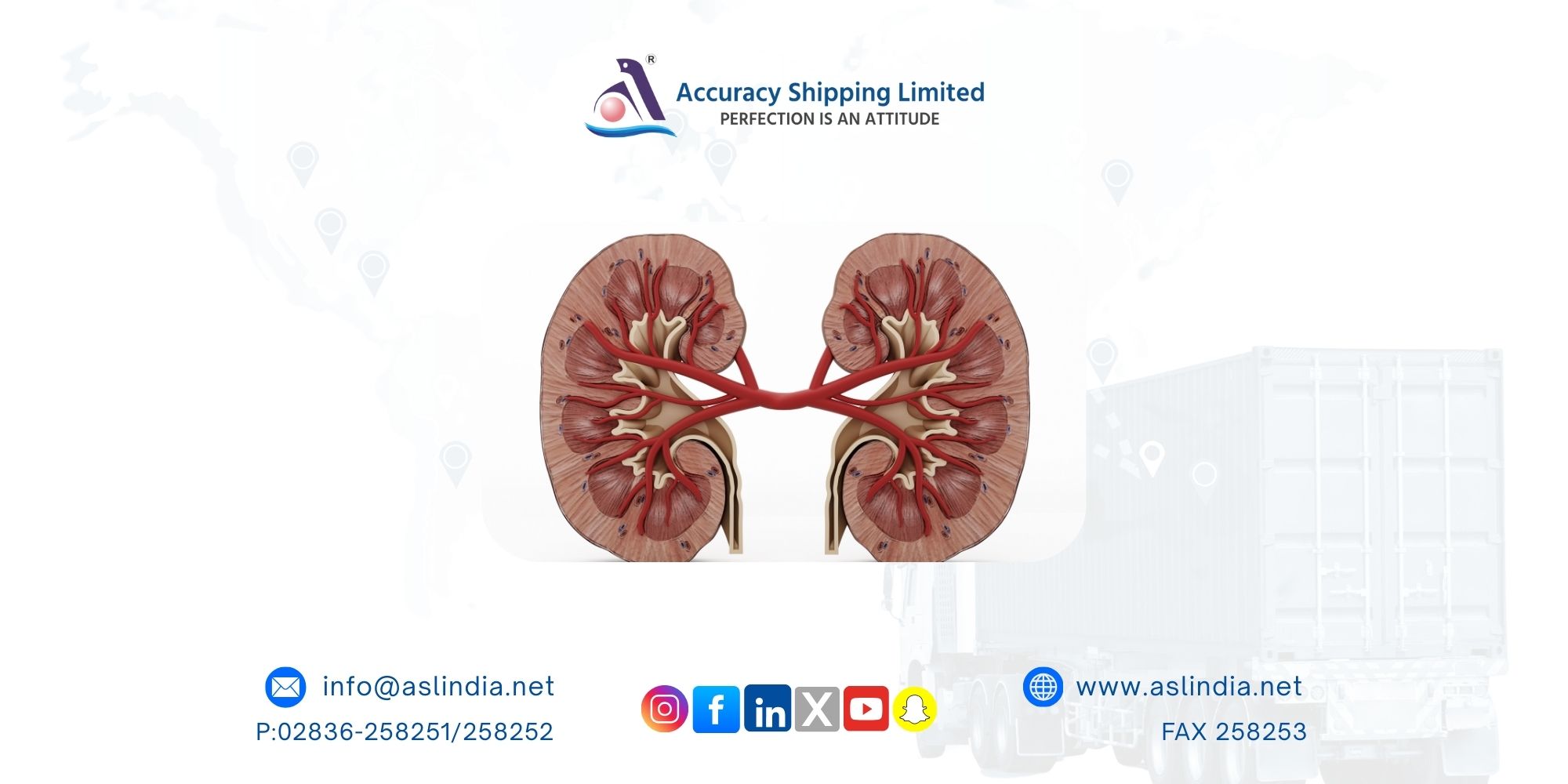Everyday habits that quietly damage your kidneys, doctor warns

New Delhi:
Our kidneys are vital organs that filter waste, balance body fluids, and regulate blood pressure. Despite their importance, everyday lifestyle choices often put them under silent stress, increasing the risk of long-term damage. Kidney disease usually develops without early symptoms, which is why awareness and prevention are crucial.
Dr. Kshitij Raghuvanshi, Urologist at Ruby Hall Clinic, Pune, explains some common habits that can harm your kidneys and how to avoid them.
Painkillers and Kidney Damage Explained
Over-the-counter (OTC) painkillers, particularly non-steroidal anti-inflammatory drugs (NSAIDs) like ibuprofen and naproxen, are widely used for headaches, body aches, and menstrual cramps. While they provide quick relief, frequent or unsupervised use can have serious consequences.
Excessive or long-term use of painkillers may lead to chronic interstitial nephritis, a type of kidney inflammation that can progress to permanent kidney failure. The risks are even higher when multiple painkillers are combined or recommended dosages are exceeded. Always consult a doctor before prolonged use.
The Truth About Salt and Kidney Health
Many people believe that alternatives like sea salt or Himalayan pink salt are healthier options. However, from a kidney’s perspective, all salts are sodium chloride, with only minor differences in trace minerals.
The real issue lies in excess sodium intake, which raises blood pressure a major cause of kidney damage. When the body is overloaded with salt, the kidneys must work harder to flush it out, putting them under unnecessary strain. Over time, this can reduce kidney function and lead to chronic kidney disease. The key is not to switch salt types but to limit overall sodium consumption.
Can Too Much Water Harm Your Kidneys?
Hydration is important, but overdoing it can also be harmful. Drinking six to seven liters of water daily does not protect the kidneys and can, in fact, cause problems.
Excessive water intake may lead to hyponatremia, a condition where blood sodium levels drop too low. This forces the kidneys to work overtime and, in severe cases, can cause brain swelling, seizures, or even death. For most healthy adults, two to three liters per day is sufficient, though individual needs vary based on activity levels, climate, and overall health.
Tips to Protect Kidney Health Daily
Small, everyday decisions can make a big difference in kidney health. Some simple practices include:
Use painkillers only when necessary and under medical guidance.
Reduce overall salt consumption, regardless of the type of salt.
Stay hydrated but avoid excessive water intake.
Maintain a healthy diet and monitor blood pressure regularly.
By avoiding habits that quietly damage your kidneys, you can reduce unnecessary strain and protect them for the long term.







